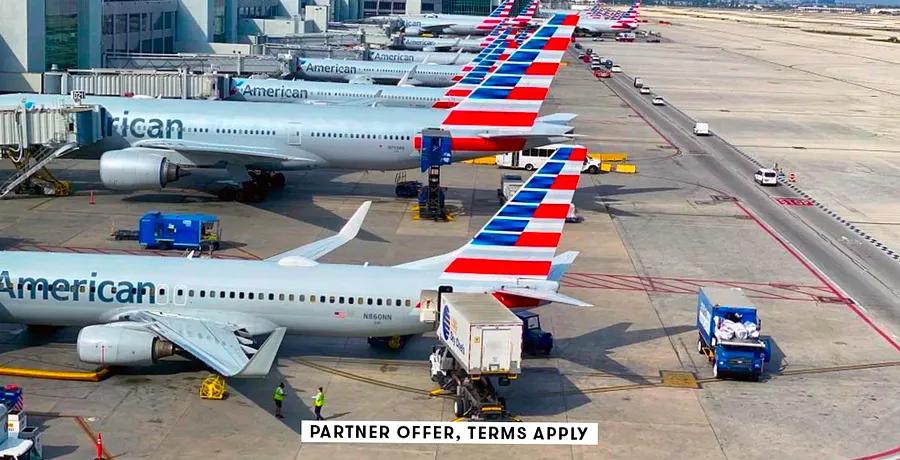Some schools are canceling Spring Break 2021 — here’s what it means for your travel plans


The COVID-19 pandemic has persisted much longer than many expected. As students and educators gear up for a new school year, Spring Break 2021 could become yet another victim of the ongoing crisis.
The concerns are valid: Many universities experienced significant outbreaks among students and staff after travelers returned from Spring Break 2020, spreading the virus throughout campus upon their return.
Institutions like the University of Michigan, various schools in Iowa, several Big Ten universities including Purdue and Ohio State University, as well as the University of Tennessee, are among the numerous colleges that have proactively canceled the beloved break.
When spring break disappears
Spring break schedules differ by school and region, generally occurring between mid-March and mid-April throughout the U.S. Often considered the highlight of the academic year, spring break offers an ideal chance to unwind and adventure with both old and new friends.
Unlike formal holidays tied to family obligations, spring break is free from the pressures of Thanksgiving and winter break. In recent years, college students have increasingly invested significant money (or points) in planning extravagant trips with larger groups of friends before heading back to complete the semester.
These trends heighten the risk of spreading COVID-19 on campuses, prompting institutions nationwide to prepare for possible future infection surges.
The University of Kentucky has announced that spring break is canceled, supporting this decision with a revised academic calendar that is "designed to discourage student travel outside the area mid-semester," as reported by the Lexington Herald-Leader. Other schools have similarly adjusted their 2020 to 2021 schedules, considering students who choose to leave town without valid approval as absent from class.
Nonetheless, rest is vital for growth and well-being in any environment, including academia. Many institutions are distributing the traditional five days of spring break throughout the semester. Often referred to as "reading days," these breaks offer a short pause for both students and educators.
For 2020, numerous schools are opting to shorten the fall semester to conclude before Thanksgiving on November 26. This allows students traveling home for the holiday to remain there rather than returning for a few weeks before heading out again after finals.
What effect will the cancellation of spring break 2021 have on the travel industry?
How will the absence of spring break affect airlines and hotels in 2021? Companies that struggled with a significant drop in revenue during 2020 can't rely on solid numbers for the upcoming year. Back in March 2020, Yahoo! Finance featured an op-ed titled, "What’s an airline nightmare? No spring break."
Airlines have been dealing with multiple rounds of layoffs and furloughs this year. As winter approaches, travelers who usually book trips to sunny locations may be hesitant to confirm their plans during these uncertain times.
Cruise enthusiasts might be the notable exception among a population that has grown more reluctant to travel in recent months. Even executives from cruise lines are taken aback by the number of customers eagerly booking trips for 2021. However, cruisers should exercise caution: After several months without sailing, some cruises tentatively resumed operations, only to see COVID-19 cases emerge onboard — not just once, but multiple times in rapid succession.
When life hands you quarantine, seize the opportunity for a socially distanced escape.
If 2020 has taken a toll on your mental well-being as it has for many, the thought of losing spring break can feel devastating. While a classic spring break trip funded by points and miles might not be feasible, that doesn’t mean you can’t enjoy yourself, whether using cash or the points stash accumulated from food delivery and enhanced bonuses earned in recent months.
At TPG, we wholeheartedly believe that 2021 can still be an incredible year for travel, and the key to making it so is to act as responsibly as possible. Health and safety must remain the top priority for you and those around you. Many international destinations now mandate a negative COVID-19 test before departure, so it’s crucial to plan accordingly. Additionally, you’ll need to adhere to all mask and social distancing protocols, which can vary among airlines.
If you’re uncertain about where U.S. travelers can currently go, TPG's international travel guide is frequently updated with the latest information. Plus, several airlines have recently removed all change fees for most North American flights, making it much easier to plan ahead.

1

2

3

4

5
Evaluation :
5/5